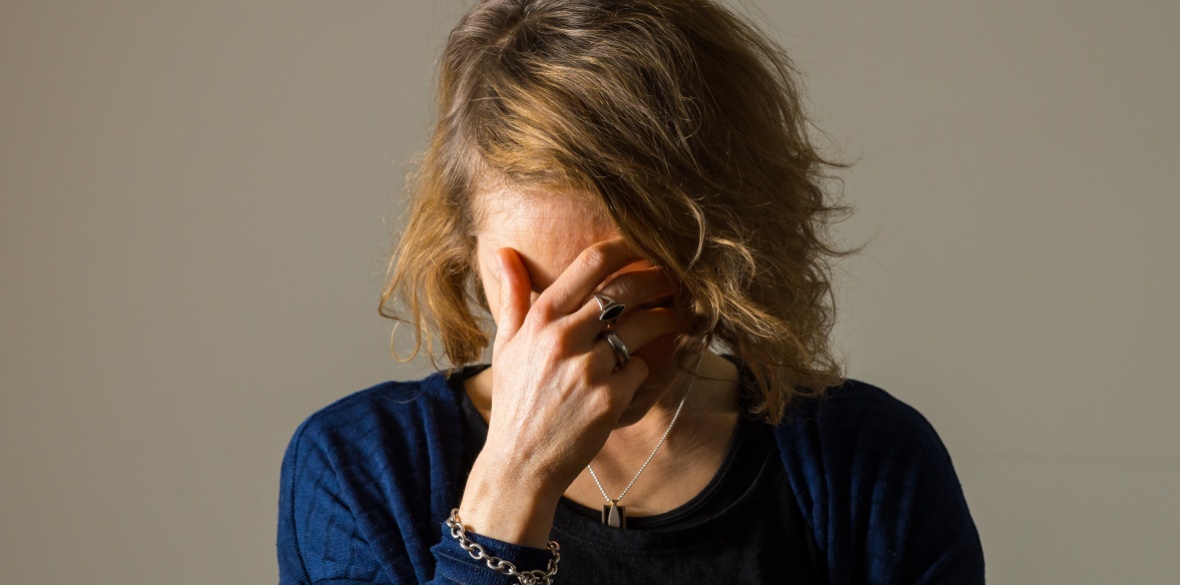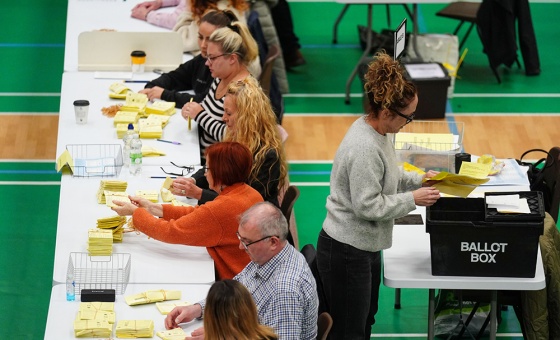This is the last article you can read this month
You can read more article this month
You can read more articles this month
Sorry your limit is up for this month
Reset on:
Please help support the Morning Star by subscribing here
IN THE 16 years since I was elected, first as a councillor then MSP for the Lothian region, I have seen a steady and consistent growth in the numbers of people seeking help at my surgeries for mental health problems — and the nature of their problems appear to be ever more acute.
I am not a clinician, but you cannot help but observe reality when it is staring you directly in the face. I regularly see or hear from people doing their very best to keep their heads above water and their families together.
Some are in desperate need of help and don’t know where to turn — or have tried to get help but find it just isn’t there.
In recent years we have heard lots of warm words about mental health having “parity of esteem” with physical health. However, if we look at the reality, things are very different.
Waiting lists for Children and Adolescent Mental Health Support continue to exasperate parents trying to do the best for their children. Meanwhile, teachers are left trying to provide an education for kids whose greatest need is a health intervention.
At a new school I visited recently, a senior staff member said mental health was the school’s top priority. This reflects the fact that more than 1,000 children and young people spoken to between May and June of this year revealed they have been forced to wait more than 18 weeks for mental health treatment.
The government has this year begun to put more funding into these services to reduce waiting times, but this comes after years of intense budget pressures across the country.
For those experiencing addiction, the lack of access to help at a time of immediate crisis leaves families and friends feeling helpless.
People are forced to present at A&E simply because there is nowhere else to go. Residential rehab places are almost non-existent and community support is patchy at best or, all too often, just not there.
In my Lothian region patients are waiting over 10 months to see a psychologist. This is hardly surprising given the budget cuts inflicted on local Alcohol and Drugs Partnerships — a 24 per cent cut in 2016 alone.
Audit Scotland found in its last report on Scotland’s NHS finances that funding is not in a sustainable position. It stated that NHS boards are struggling to break even, and that they are increasingly reliant on Scottish government loans and one-off savings just to get by.
This approach attempts to massage the budget, to make it look rosier, but this is not a credible replacement for long-term investment and radical reform of our NHS.
When you consider these national problems alongside persistent cuts to council budgets and services, you can easily see how the situation people experience goes from bad to desperate.
We have seen a 6 per cent cut in revenue funding from the Scottish government for day-to-day council services between 2013/14 and 2019/20, and that’s just the tip of the iceberg: in a number of councils the percentage is into double figures.
This has a massive knock-on effect cutting the youth work, social work, advice services, housing and educational outreach services that can help address the problems early on, and prevent them becoming so debilitating.
All of these short-sighted cuts and poorly planned temporary reforms come together and fundamentally erode the gel that holds our society together.
When this is combined with the tremendous impact of austerity and targeted benefit cuts from the British government, and the Scottish government’s refusal to use the powers available to it, we see a perfect storm play out.
We need real foundational change to help people in need of emergency mental health support and to provide councils and NHS boards with the funding to do it.
I witnessed one model of mental health support this week that I believe could have a significant impact on people in need of immediate help.
The Leith-based Edinburgh Crisis Centre provides a 24/7 refuge and safe place for people experiencing a mental health crisis.
At the centre people can discuss their problems and stay for a short period to take them out of their situation, de-escalating tension and the immediate crisis.
It helps almost 2,000 people a year in a service that is unique in Scotland. And this is the issue — it should not be unique. We should have more of this provision. A simple, calm and welcoming place where patients can begin to work with empathetic and skilled staff to address the issues they face.
Services such as this provide an island in the storm, a respite for those suffering anxiety, stress, and depression. This model should be rolled out all over Scotland.
Let’s not waste a moment more.











